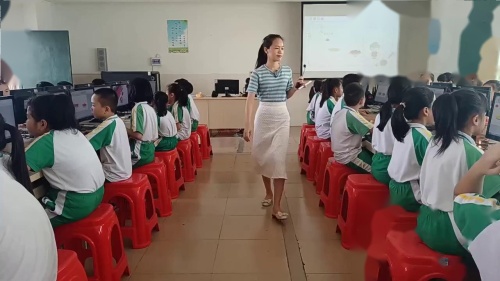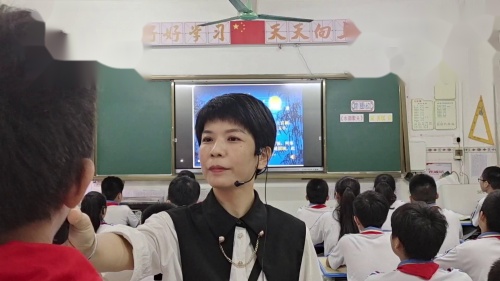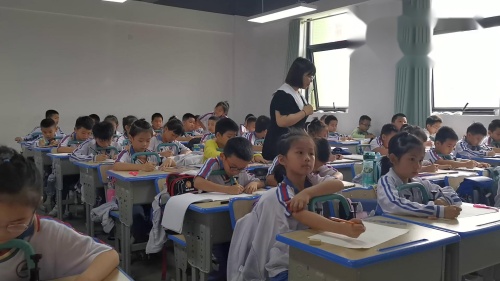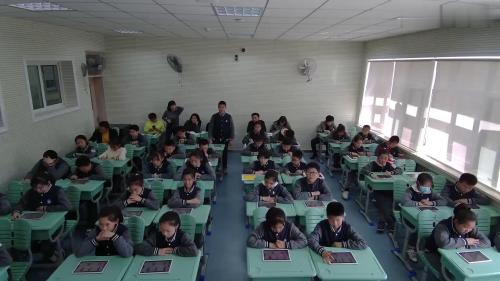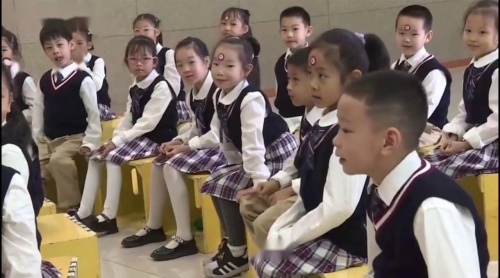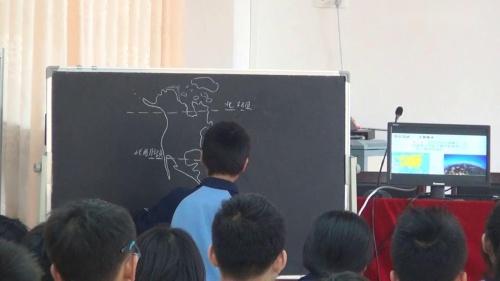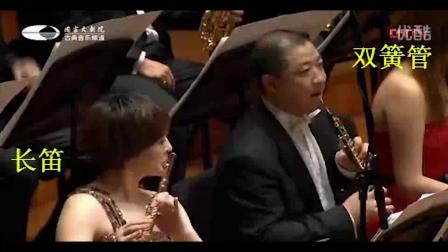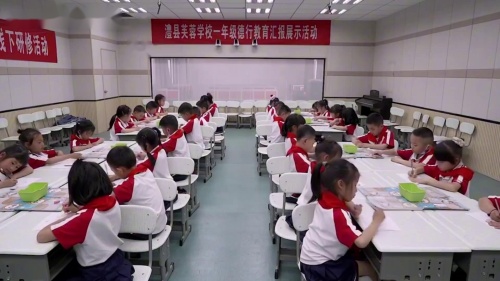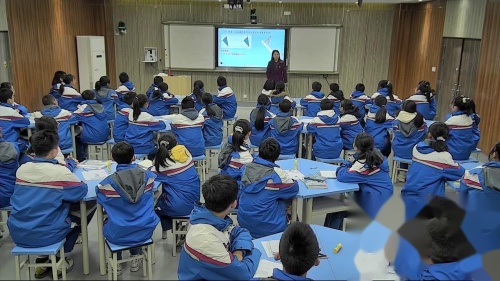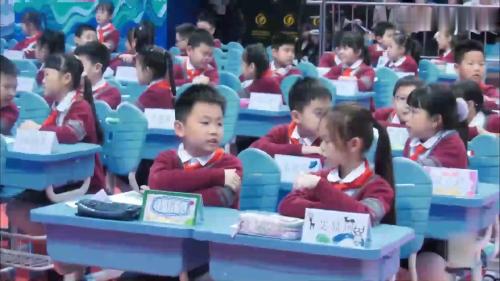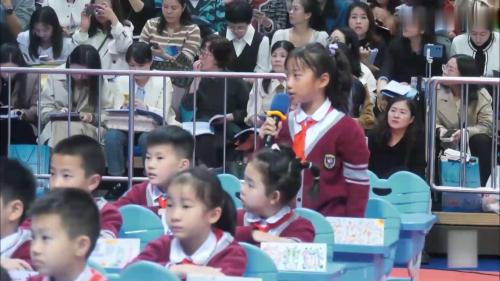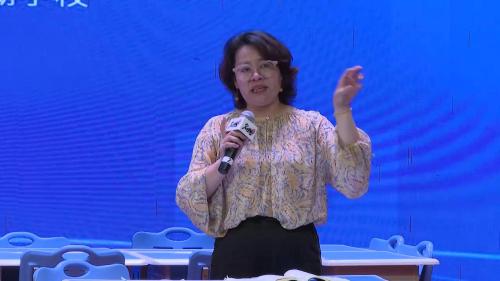四年级上册英语知识点归纳总结人教版免费
四年级上册英语知识点归纳总结人教版免费下载
学会做知识点整理是非常好的学习方法,那么关于四年级上册的英语知识点有哪些呢?以下是小编准备的一些四年级上册英语知识点归纳总结人教版免费,仅供参考。
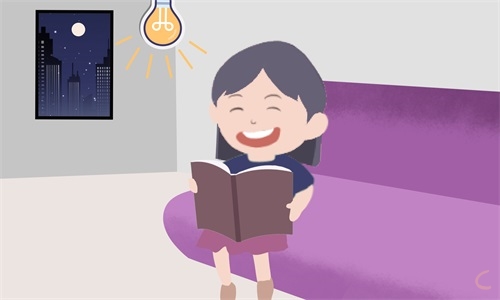
四年级上册英语知识点
一、be动词与人称代词的搭配
1、基本形式:am、are、is
第一人称I+am (注意:“I”无论何时都要大写,不管位于句首还是句中)
例:I am a beautiful girl. I am twenty.
第二人称you+are; 一人称复数we+are;
三人称复数they+are
其他复数名词+are
(注意:第二人称单复数同形,都为you)
例:You are my good friend. We are in the same class.
They are on the road. The books are on the desk.
第三人称he(男) +is ; she(女)+is; it(不是人)+is;其他单数名词+is
例:He\She is a good student. It is a white cat.
A dog is on that street.
2、基本句式变换
例:I am(not) from London.
My eyes are(not) small.
My hair is(not) long.
Am I a Chniese?
回答:肯定:Yes, you are. 否定:No, you aren’t.
Is the cat fat?
回答:肯定:Yes, it is. 否定:No, it isn’t.
注意:在一般疑问回答中,肯定回答除I’m不可简写,否定回答均可简写。
二、一般疑问句及特殊疑问句
句子基本是:简单陈述句,由简单陈述句转变成肯定句,否定句,疑问句。
疑问句是用来提出问题。
英语中有四种疑问句: 一般疑问句、特殊疑问句、选择疑问句和反意疑问句。
我们现在已经接触到了前两种疑问句。
1、一般疑问句:
英语中要用 yes和no 来回答的疑问句叫一般疑问句。如:
1)Is it hot ? Yes, it is .\No, it isn’t.
—— be动词引导
2)Is it a car ?Yes, it is .\No, it isn’t .
—— be动词引导
3)Is this your ruler ?Yes, it is .\No, it isn’t .
—— be动词引导
4)Do you like bananas ?
——含实义动词
Yes, I like bananas. \ No, I don’t like bananas.或Yes, I do.
\ No, I don’t
5)Can Tom see a dogl ?
——含情态动词
Yes , Tom can see a dog.\No,Tom can’t see a dog.
或Yes , he can.\ No,he can’t
.陈述句(肯定句,否定句,一般疑问句)的转变规律:
1.肯定句:2.否定句:3. 一般疑问句及肯否定回答
1) 主语+be动词+….1) 主语+be动词+not+….1)be动词+主语+…?
Yes, 主语+be动词.
/No, 主语+be动词+not.
I am a teacher.
I amnot a teacher.
Are you a teacher?
--Yes, I am./ No, I am not.
My mother is thin.
My mother is not /isn’t thin.
Is your mother thin?
--Yes, she is./ No, she isn’t.
They are friend.
They are not/aren’t friend .
Are they friend?
--Yes. they are./ No, they aren’t.
2) 主语+情态动词can+…
情态动词can+主语+…?
Yes, 主语+情态动词can/No,
主语+情态动词can+ not
He can jump. He cannot/can’tjump.
Can he jump?
--Yes,he can./ No, he can’t.
3)助动词do/does+主语+…. 动词原形+….动词原形?
Yes, 主语+助动词do/does. No, 主语+助动词do/does+not.
He likes to eat apples.
He doesn’t like to eat apples.
Does he like to eat apples?
Yes,he does./ No,he doesn’t.
2、祈使句:表示请求、命令、建议或劝告等的句子叫祈使句,主语you常省略。
1)、肯定形式:一般以动词原形开头。
Open the door, please.
2)、否定形式:在句首谓语动词前加Don‘t。
Don‘t be late for class.
3、特殊疑问句
用特殊疑问词来提出问题的疑问句叫作特殊疑问句。
特殊疑问词一般要放在句首。
常用的疑问词有what、 who ,which 、how
等这些词都以wh开头(包括how)所以也叫作wh-question。
特殊疑问句要求回答具体内容。
不能用yes或no回答。结构:疑问词+一般疑问句。
回答不能用yes / no(或相当于yes / no)回答的问句。
答句的句式同肯定句句式:如:
What can you see ? I can see a cat.
What do you like ? I like playing football
How old are you ? I’m ten.
3.总结:Be的用法口诀
I用am;you、we、they 都 用are;is连着he,she,it;
单数名词用is,复数名词全用are。
变疑问,往前提,句末问号莫丢弃。
变否定,更容易,be后not莫忘记。
疑问否定任你变,句首大写莫迟疑 。
三、情态动词can
can 在英语中有一个特殊的名字,叫做情态动词,
表示“能够”, “会”, “能力”后面要跟着表示动作的动词。
没有时态和人称的变化。
表示不能做什么的时候,
后面加上 not为can not,或者缩写为can’t。
问别人“能…吗?”要把can 放在句子前面,
首字母要大写,句尾别忘加上问号。
例句:
—I can swing.I can draw.
—She can jump.He can play .
—We can touch .They can run.
—I can’t sing.You can’t see.
—She can’t dance.He can’t hear a car.
—We can’t hear an aeroplane.
—Can you hear a dog?Can he hear a bus?
—Can Lucy write?Can you do it?
四、介词、连词和感叹词
1.介词:介词是一种虚词,不能单独使用,
必须在介词后面加上个名词或代词使用,作句子成份。
介词后面的名词(或相当于名词的其它词)叫做介词的宾语。
介词和介词宾语合称为介词短语。介词短语在句中可作壮语、定语或表语。
介词如: in 在…里面on在…上面under在…下面等。
in the classroom in the box in the hall
on the road on the desk on the floor
under the table under the bed under the chair
2.连词:连词是用来连接词与词、短语与短语、句子与句子等的词叫连词。
连词是一种虚词,在句子中不能单独作句子成分。
连词分两类:一类叫等立连词,另一类叫从属连词。
(1). 等立连词是用来连接同等的词、词组和分句的。
等立连词有许多,我们现在只学到了and和but,其他的以后学到再介绍。
如:A and B ; blue and white ;an apple and a banana;a car and a bus;This is a lorry and that’s a drill.
(2).感叹词: 表示说话人的某种感情(惊讶,高兴,痛苦等)的词叫感叹词。
感叹词后常用感叹号。
常用的感叹词有:oh(表示惊奇或痛苦),ah(表示惊奇或满意),hello(常被用来打招呼相当于汉语的“喂!”),well(表示惊讶,无奈)
五、 单数句和复数句:
口诀:单数句子变,变化规则要记住。
名词代词要变化,am, is要变are。
this, that变成啥,these, those来替它。
he, she, it要变啥,全部变they不用怕。
I要变we莫落下,名词后面把s/es加。
名前冠词去掉它,其余成分原样加。
具体注意下面的六要素:
1.单数主格人称代词要变成相应的复数主格人称代词,
即I→we; you→you; she, he, it→they。
如:She is a girl.→They are girls.
2. am, is要变为are。如:I‘m a student.
→We are students.
3.不定冠词a, an要去掉。如:He is a boy.
→They are boys.
4.普通单数名词要变为复数形式。如:It is a cat.
→They are cats.
5.指示代词this, that要变为these, those。
如:This is a book.→These are books.
6. man, woman作定语修饰可数名词时,
要在 ”数”上与被修饰名词保持一致。
但其他名词修饰名词表示 ”性质”时,不作变化。如:
He is a man doctor.→They are men doctors.
This is an apple tree.→They are apple trees.
小学四年级上册英语单词表
Unit 1
computer(计算机) board(写字板) fan(风扇) light(灯) this(这;这个) is(是)
my(我的) that(那;那个) your(你的) teacher’s desk(讲台) picture(图画;照片) wall(墙壁) floor(地板) yes(是;是的) it(它)
Unit 2
one(一) two(二) three(三) four(四) five(五) six(六) seven(七) eight(八) nine(九) ten(十) what(什么) time(时间) it’s=it is …o’clock(…点钟) math(数学) Chinese(语文) English(英语) P.E.(体育) music(音乐) for(为;给) class(课程)
Unit 3
jacket(夹克衫) shirt(衬衫) skirt(裙子) dress(连衣裙) T-shirt(T恤衫) red(红色的) blue(蓝色的) yellow(黄色的) green(绿色的) white(白色的) no(不;不是) not(不;不是的) colour(颜色)
Unit 4
warm(暖和的) cold(寒冷的) cool(凉爽的) today(今天) jeans(牛仔裤) pants(长裤) socks(袜子) shoes(鞋子) let’s=let us play(玩;踢) football(足球) snowy(下雪的) sunny(晴朗的)
Unit 5
how much(多少钱) big(大的) small(小的) long(长的) short(短的) apple(苹果) banana(香蕉) pear(梨) orange(橙子) watermelon(西瓜) are(是)
they 它(他、她)们
Unit 6
horse(马) aren’t=are not cat(猫) rabbit(兔子) pig(猪) duck(鸭子) dog(狗) eleven(十一) twelve(十二) thirteen(十三) fifteen(十五) twenty(二十) how many(多少) there(那儿;那里)
四年级上册英语练习题
一、判断每组单词画线部分的读音是否相同,相同的写“s”,不相同的写“D”。
( )1. bike kite five
( )2.orange hot body
( )3.umbrell June blue
( )4.elephant eggs pencil
( )5.apple snake name
二、选出不同类的单词,把序号填入题前括号内。
( )1. A.living room B.door C.wash
( )2. A.cooking B.sleep C.eating
( )3. A.eleven B.train C.sixty
( )4. A.library B.math C.English
( )5. A.river B.make C.welcome
三、选择正确答案,把序号填入题前括号内。
( )1.-___bedroom is this ?
-It’s Ken’s.
A.What B.Who C.Whose
( )2. -What’s your uncle doing?
-He is_______________.
A.wash B.washing C.washes
( )3. -What____ do you like?
-I like English and math.
A.subject B.subjects C.school
( )4.This is the art room. I am__________.
A.sleeping B.cooking C.painting
( )5.-_____is the pen?
-It’s ten yuan.
A.How many B.How much C.How
四、为下列句子选择合适。
( )1.He is sleeping.
( )2.He is washing.
( )3.He is eating bananas.
( )4.He is drinking.
( )5.She is writing.
五、根据短文内容,选择正确答案。
There are six rooms in my house. They are my bedroom, my mother and father’s bedroom, my grandma’s bedroom, a bathroom, a living room and a kitchen. In my bedroom, there is a map of China on the wall. There is a bed in front of the map. My desk is beside the bed. There is a little lamp on the table. It’s blue.
( )1. My house has ______ rooms.
A.six B.five C.seven
( )2.There are _____ bedroom in my house.
A.two B.three C.four
( )3. There is a ____ in my bedroom.
A.map B.chair C.cap
( )4.The map is _______.
A.on the wall B.on the table C. on the bed
( )5.The bed is _____ the map.
A.behind B.before C.beside
四年级上册英语知识点归纳总结人教版免费相关文章:
扫一扫手机观看!

